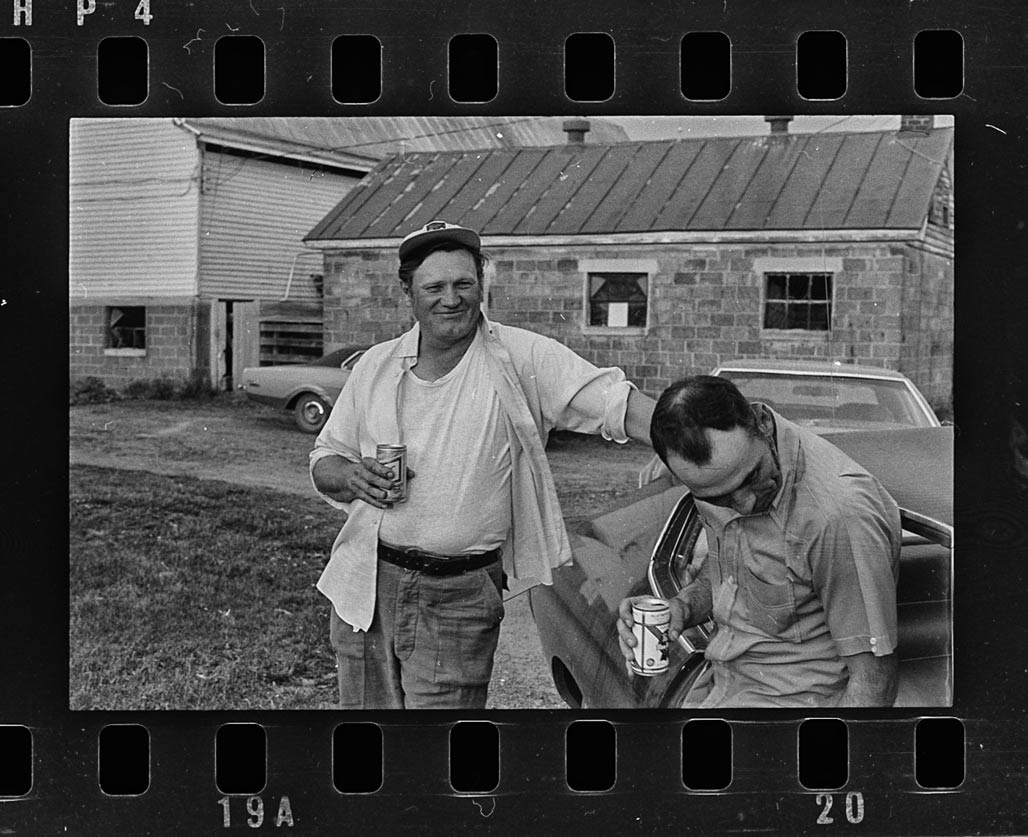
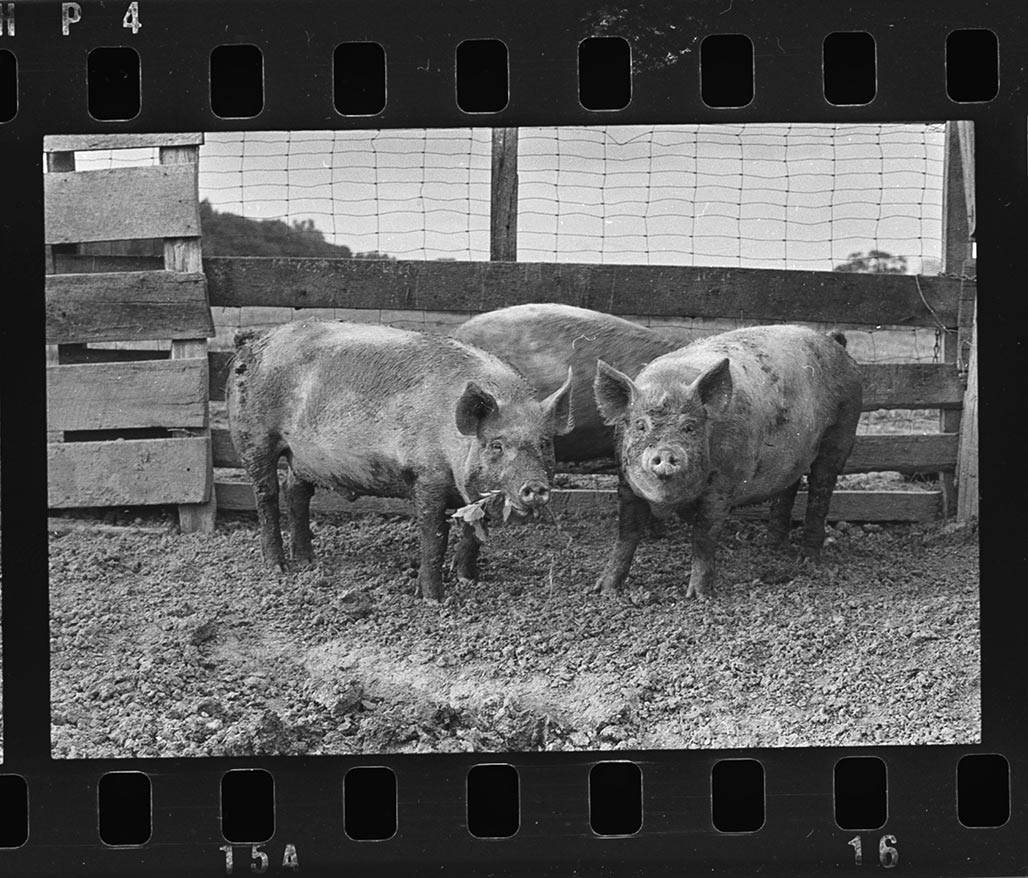
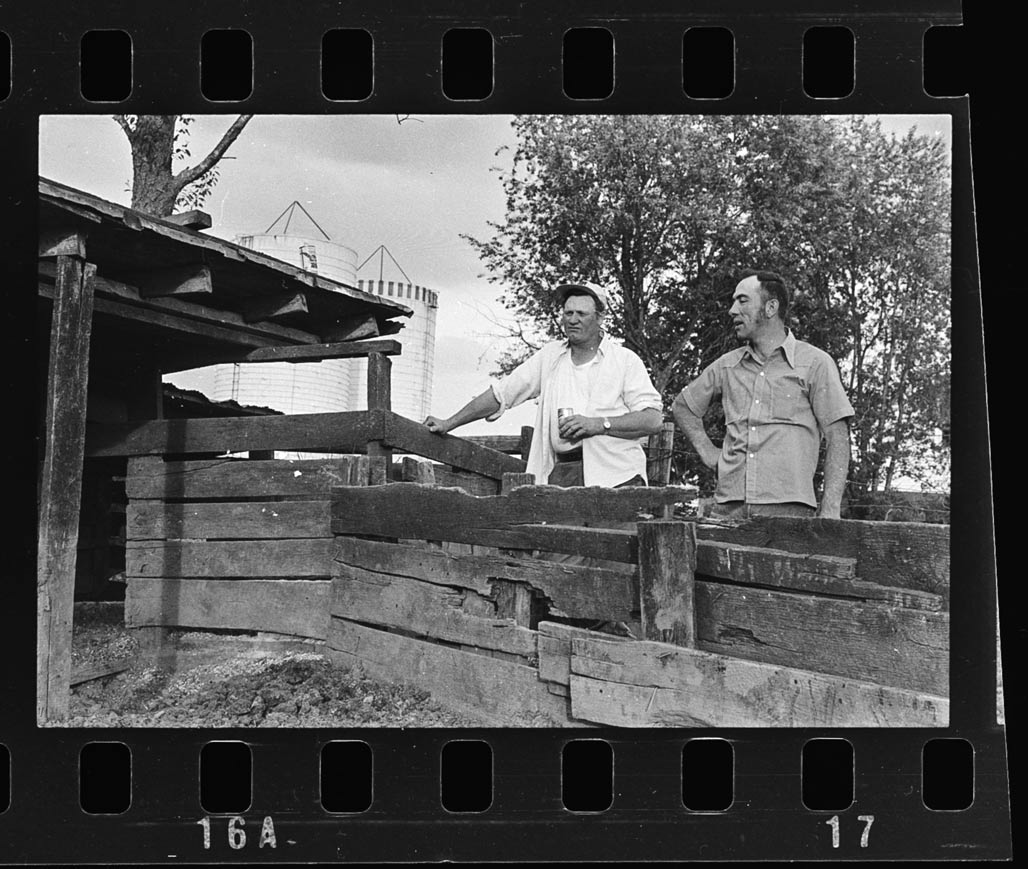
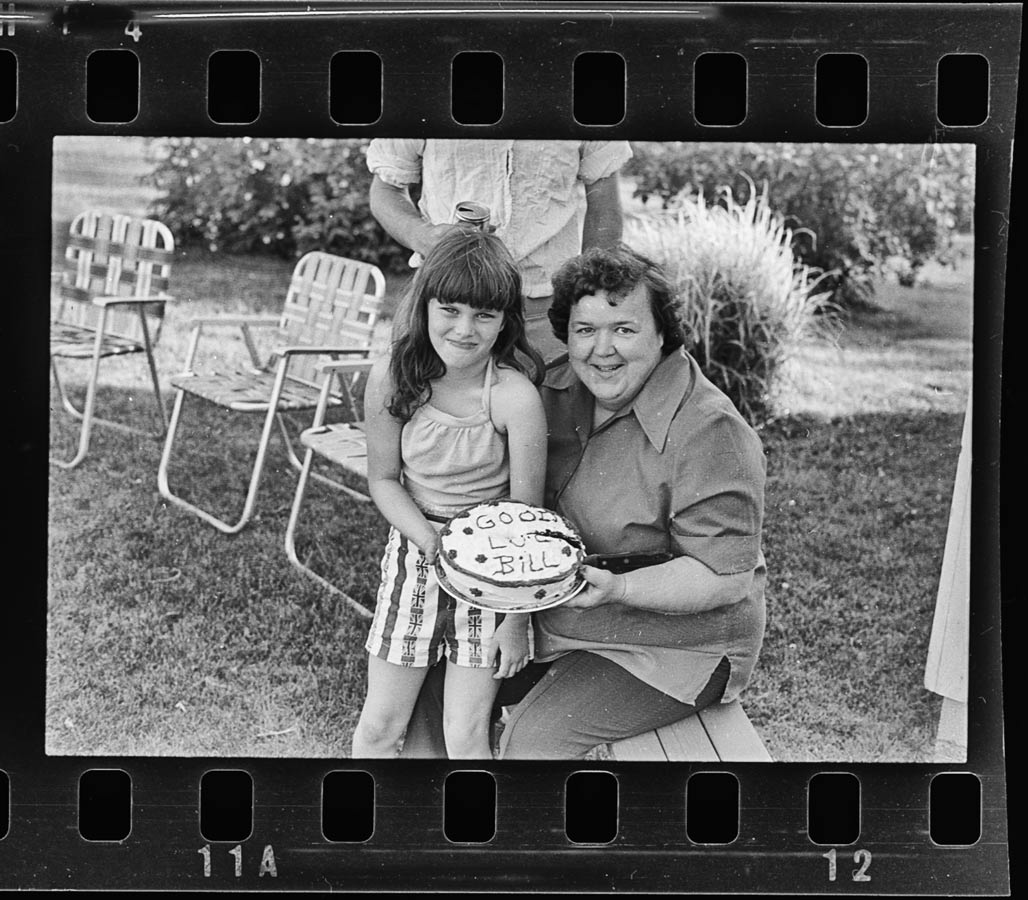
Steeple
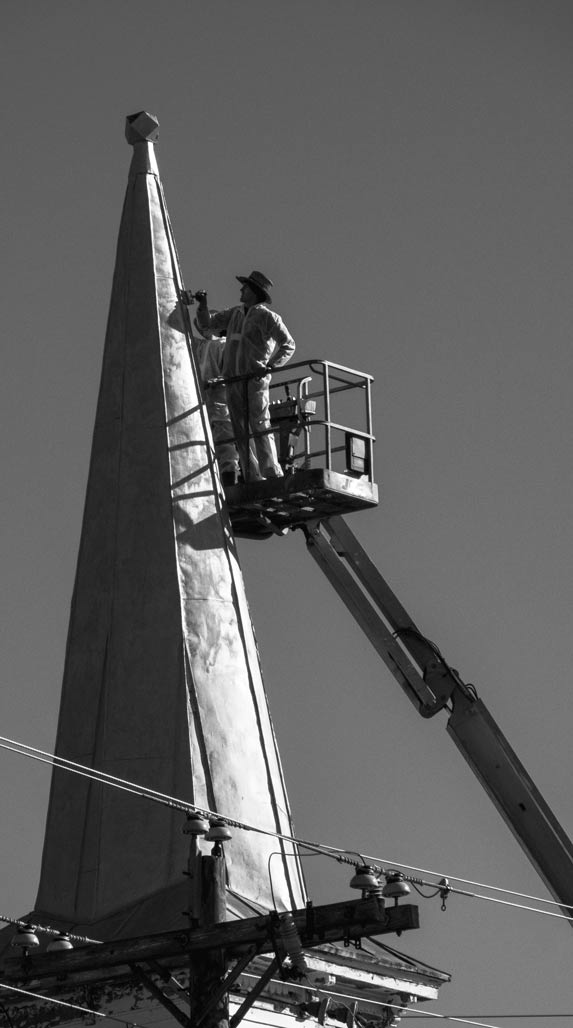
Moore and Roberts
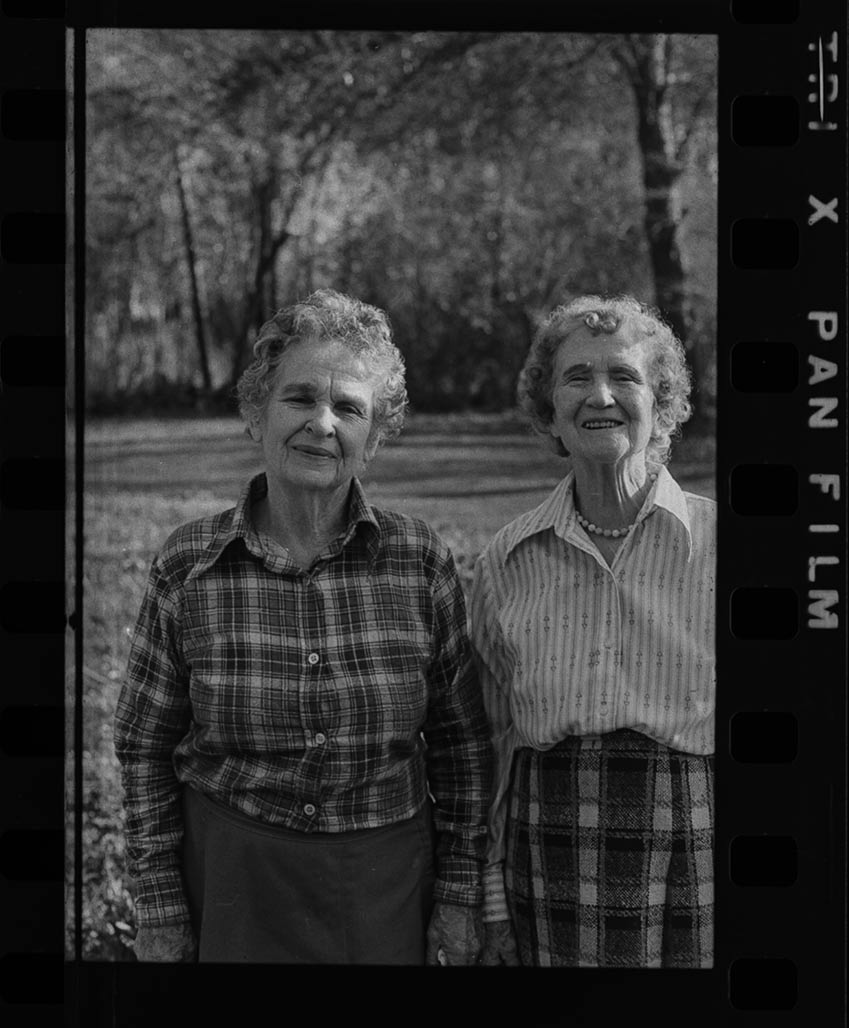
Heifer
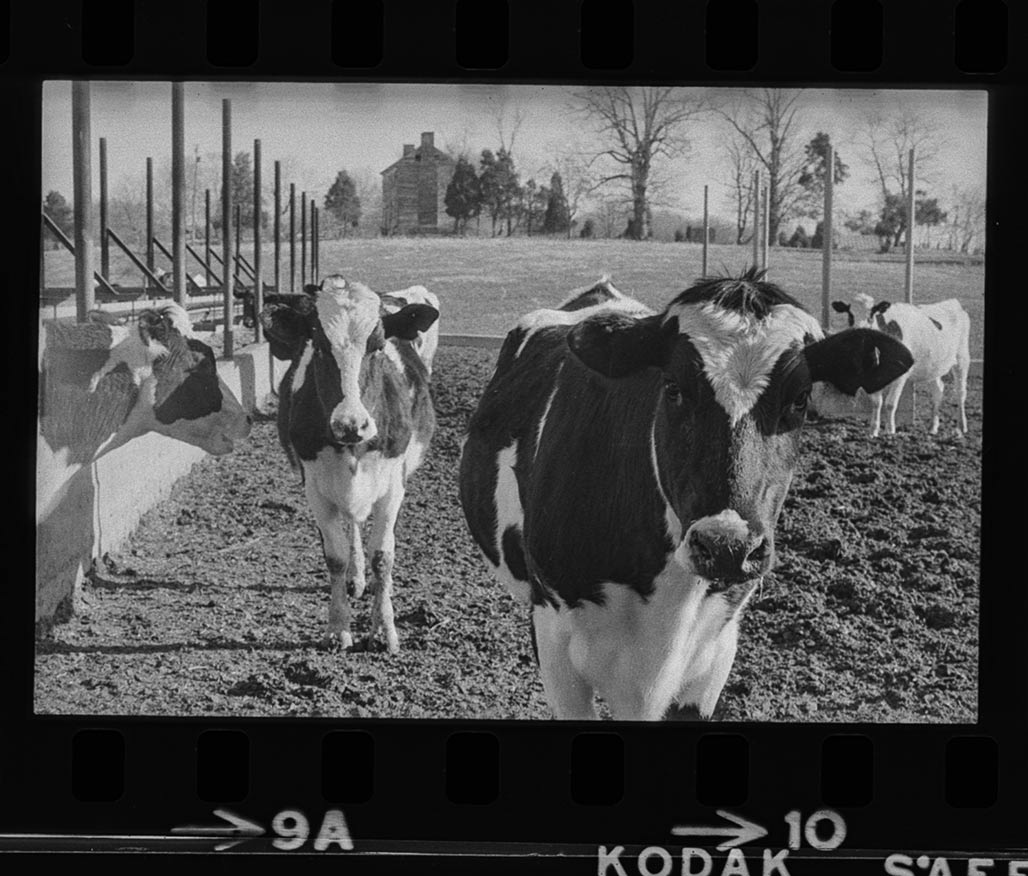
In some parts of the South it can be used as a term of endearment as well as an insult. Depends on the way your friend says it. If your romantic partner called you his “sweet lille heifer” it would be ment as a compliment, if a rival told you “Not today heifer “ it could be taken as an insult.–Google
day of rest
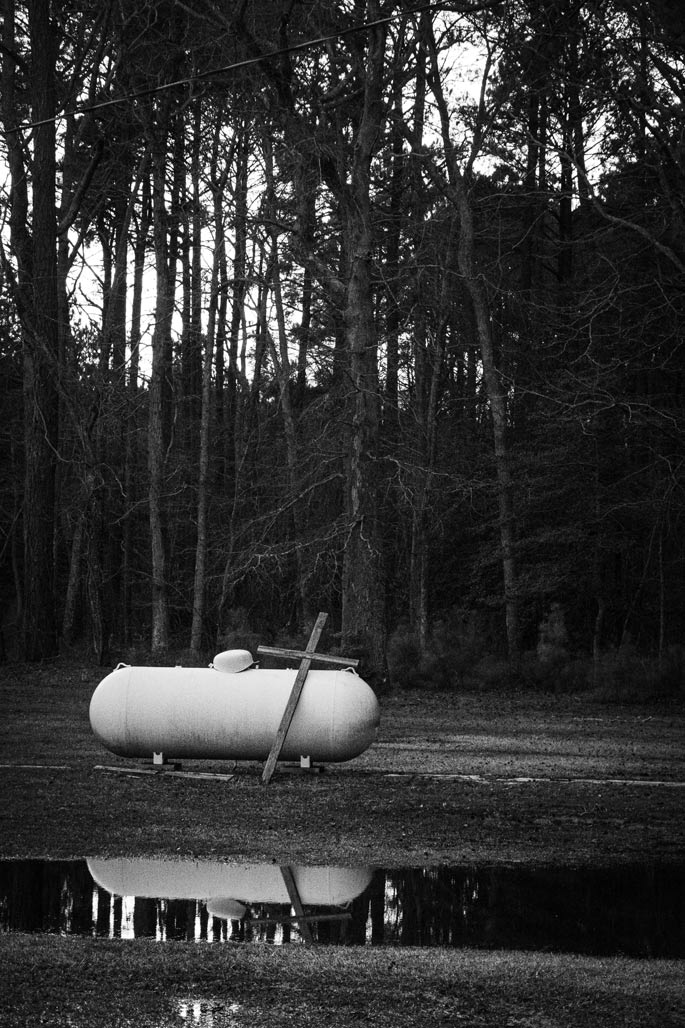
Oak thicket
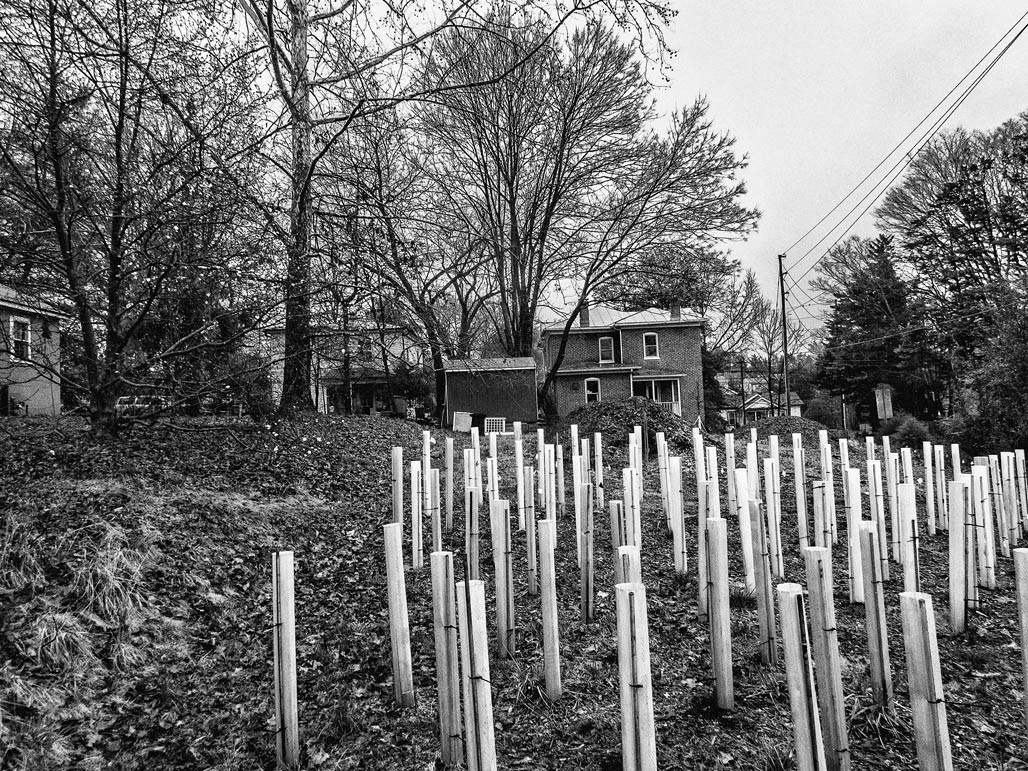
Sterling
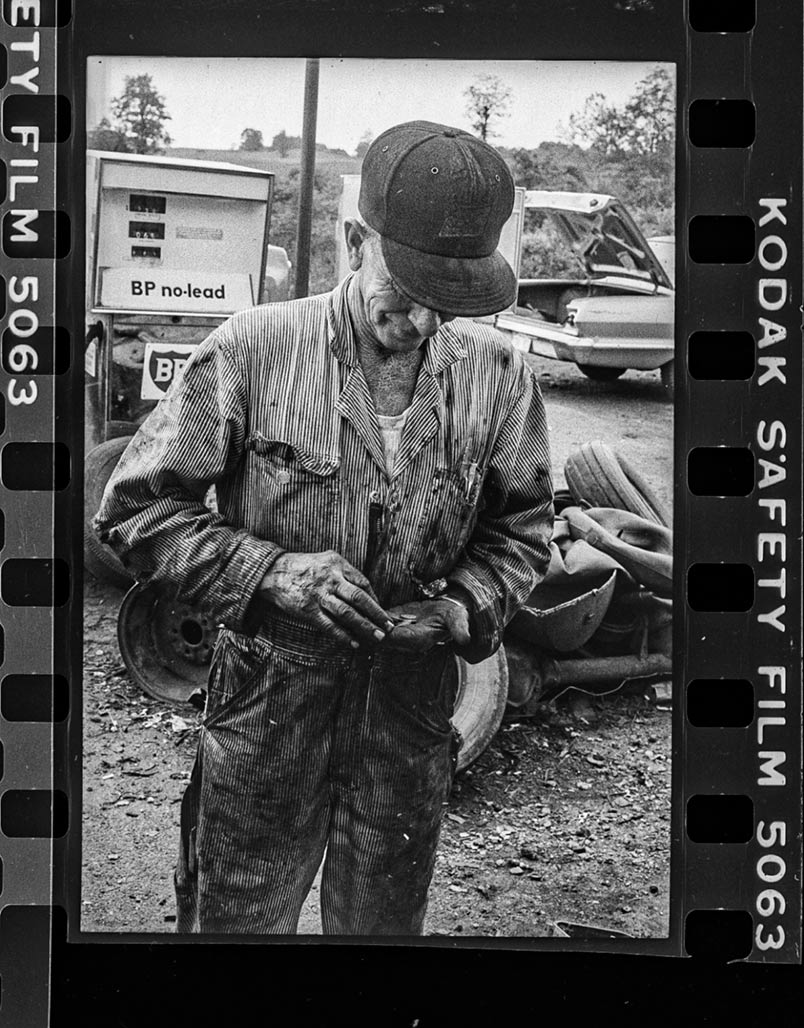
Anna and Robin
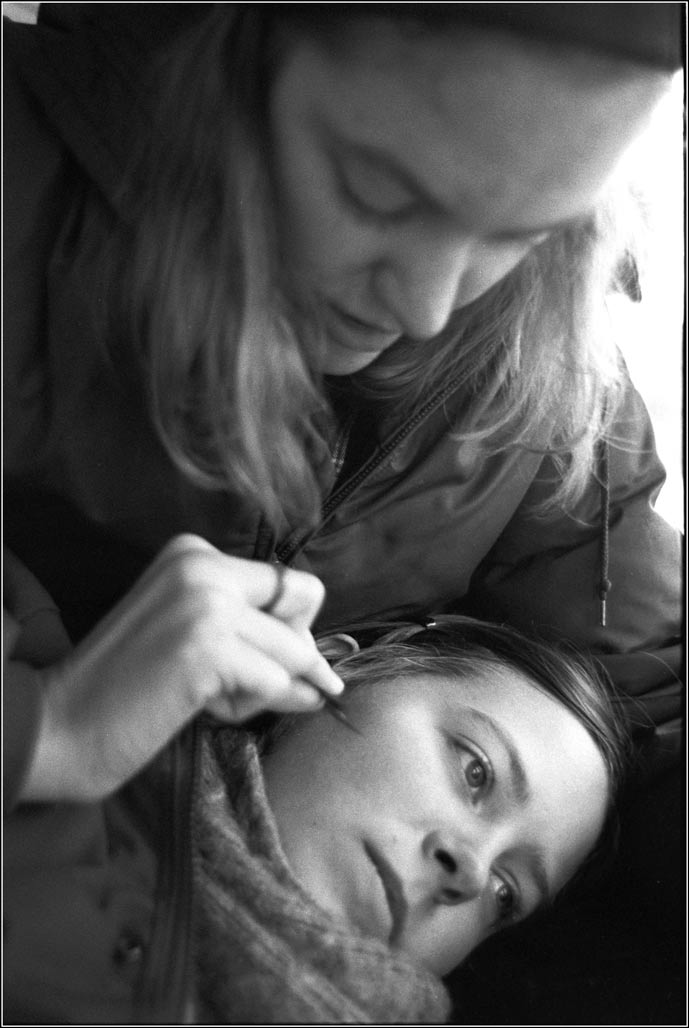
November
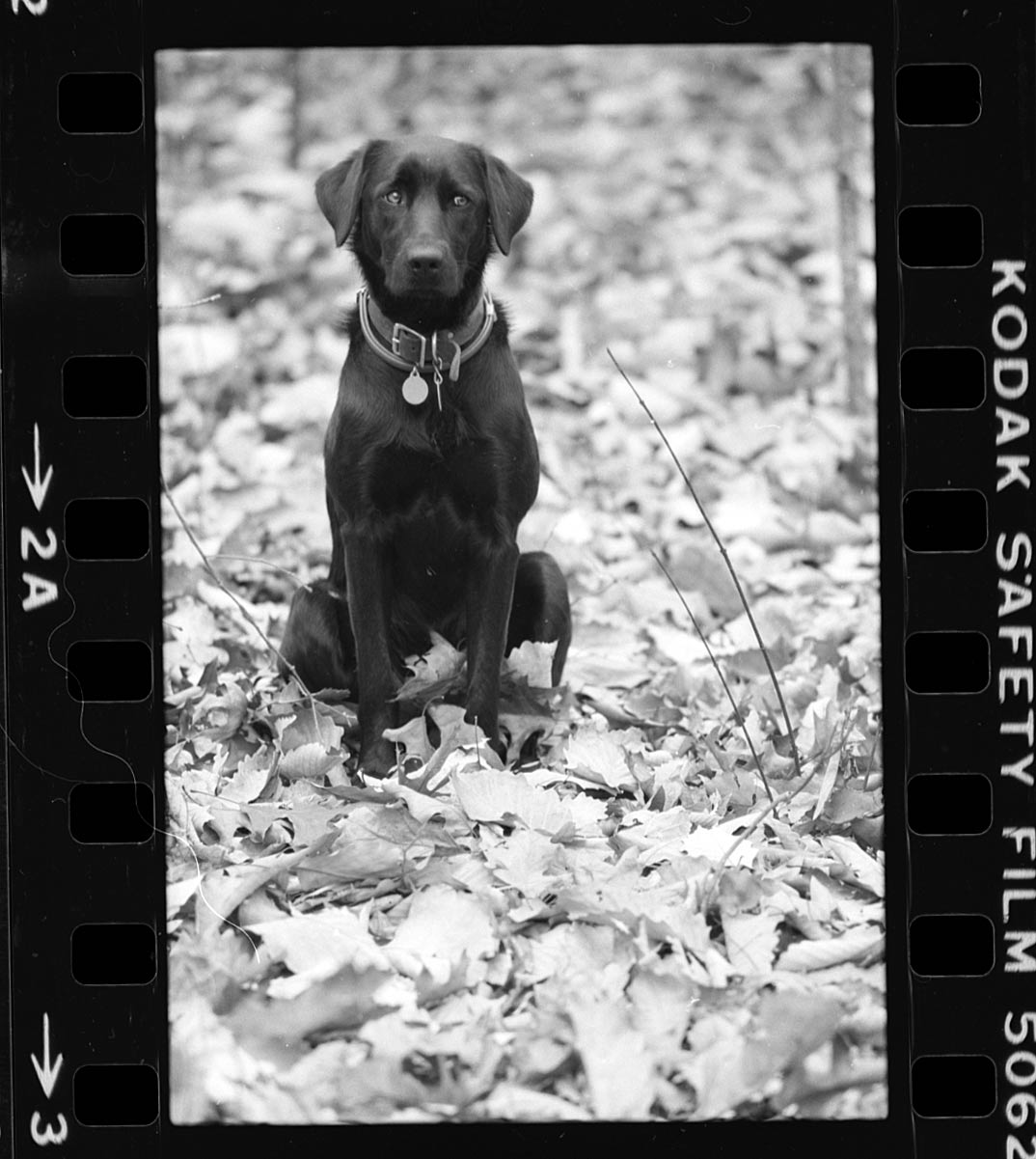
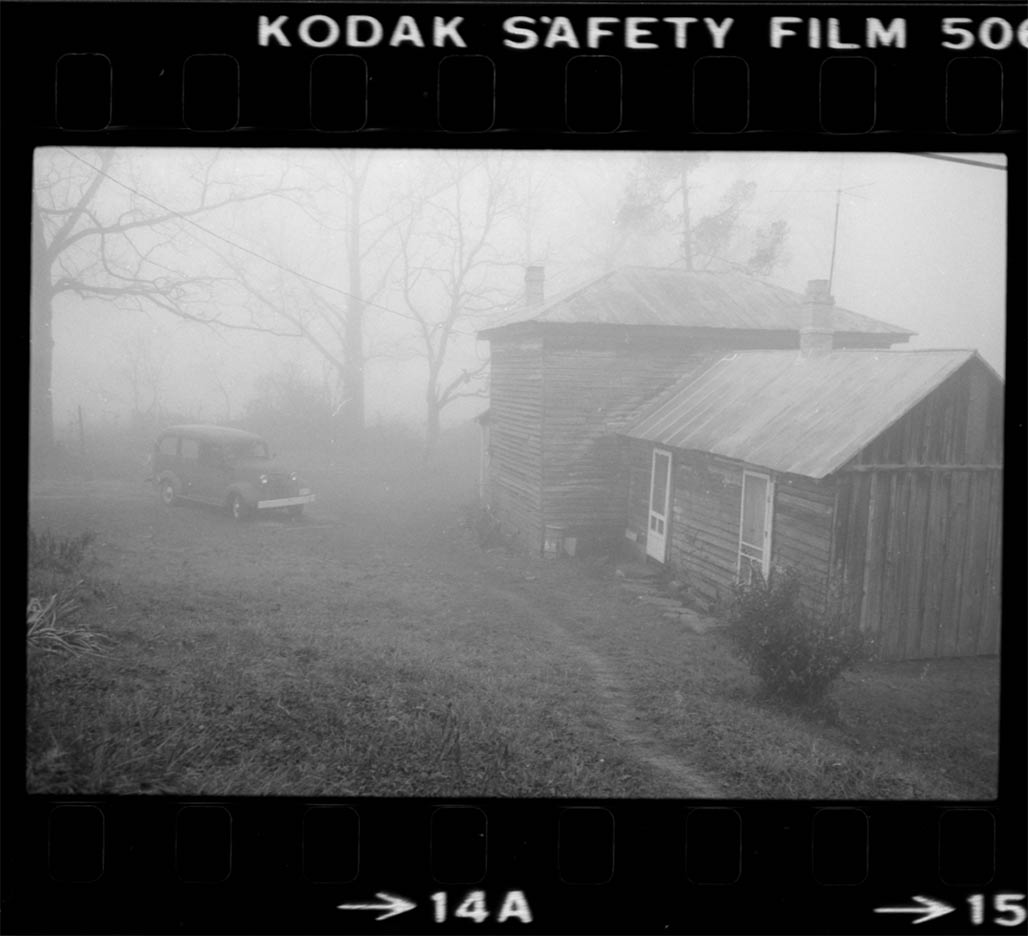

Gray
